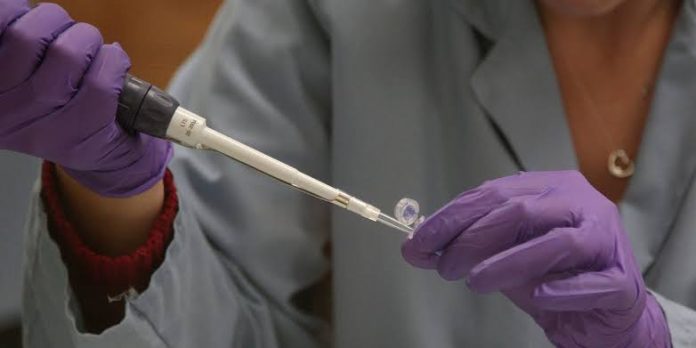Stem cell biologist Hiromitsu Nakauchi has achieved a significant milestone in his long effort to conduct experiments involving human-animal embryos. Japan, unlike other countries that restrict such research, has granted approval for these experiments.
Nakauchi, who works at the University of Tokyo and Stanford University, aims to grow human organs in animals like pigs or sheep, potentially helping patients in need of transplants. While creating human organs through this method is still a distant goal, the approval for his research is a big step forward.
The approved experiments will start by injecting human stem cells into specially engineered rat and mice embryos. These embryos cannot develop pancreases on their own, so the human cells might help create functional pancreases.
Researchers will watch the animals for about two years to observe their growth, organ development, and brain activity. Later, they’ll seek approval for similar experiments with pigs.
This research is different because it allows the embryos to develop into animals. A concern is what kind of cells the human stem cells might become inside the animals. Nakauchi will move forward carefully, making sure people understand and trust his work.


